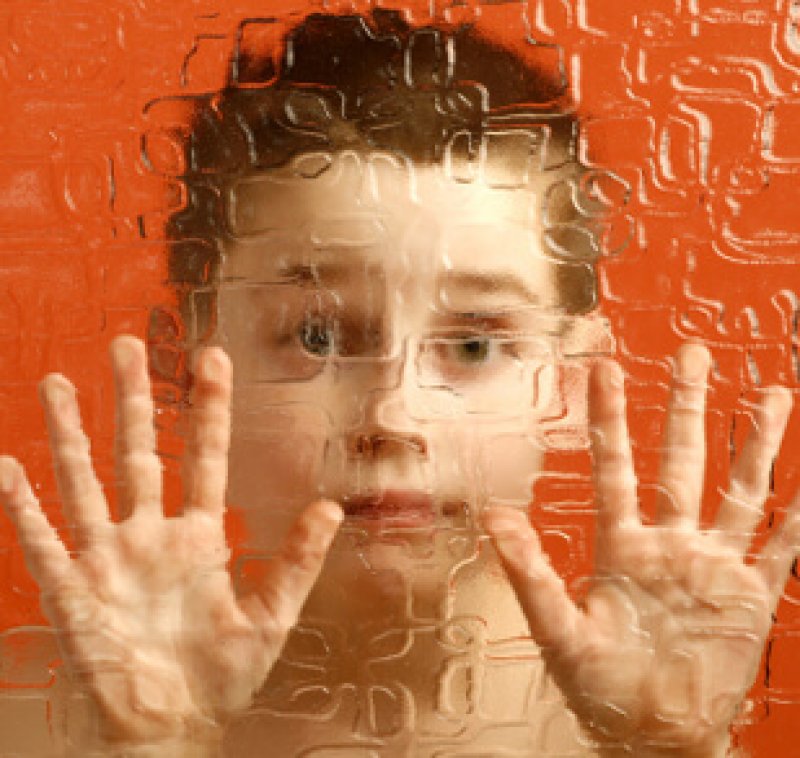Children with autism spectrum disorder (ASD) all have problems socialising, but beyond that their disorders can be vastly different. That makes it hard for doctors to diagnose what their degree of impairment is likely to be, and how best to optimise interventions.
…
A new study…reports finding a link between brain changes on a scan and behavioural and cognitive impairments. Though it is still too early for clinical use, the finding “will help us understand the range of outcomes”, says study senior author Elliot Scherr, a neurologist at the University of California, San Francisco.
…
The glitch either duplicates or deletes a chunk of DNA that is 593,000 letters long. Oddly both duplication and deletion seem to cause the social impairments that lead to a diagnosis of ASD: it’s as if you need a goldilocks dose of the genetic information to prevent the sociability circuits going awry.
…
[T]hose with the deletions tend to have larger brains and bodies and are more likely to have speech impairment. Conversely, those with the duplication are likely to have a smaller brain and body, and have behavioural problems.…
Striking differences emerged. The corpus callosum, the fibre bundle that connects the left and right sides of the brain, was abnormally shaped and thicker in the deletion carriers but thinner in the duplication carriers, compared to those without ASD.
The GLP aggregated and excerpted this blog/article to reflect the diversity of news, opinion, and analysis. Read full, original post: Brain scans reveal differences in people with genetic autism































